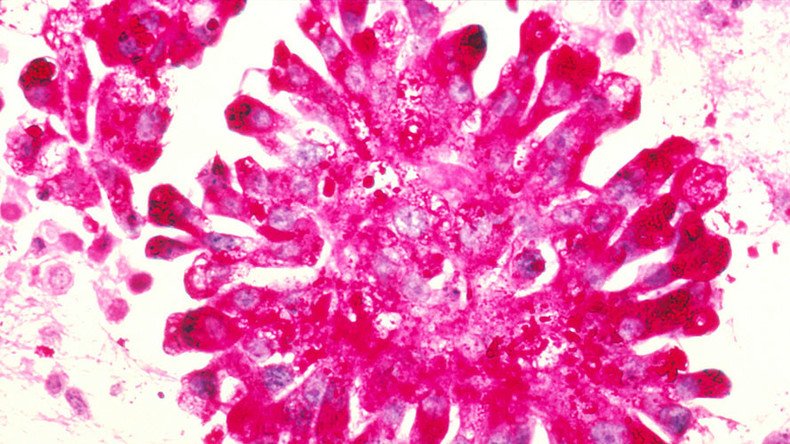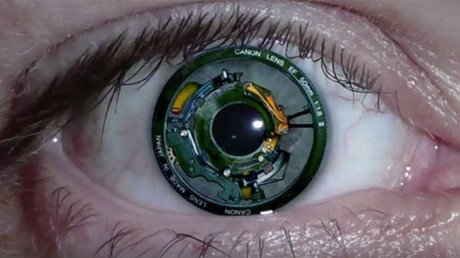Natural born killers: Common virus can stimulate immune system to destroy cancer cells – study

British scientists say a common virus that causes childhood coughs and colds could be key in developing future treatments for primary liver cancer and hepatitis C.
Researchers at University of Leeds found that a Reovirus can stimulate the body’s own immune system to kill off cancerous cells. Moreover, it is neutralizing the hepatitis C virus, which is a common cause of primary liver cancer.
Liver cancer is the second most common cause of death from cancer worldwide, estimated to be responsible for nearly 746,000 deaths in 2012.
The study published in the journal Gut used the Reovirus as an immunotherapy to target both the tumor and the underlying hepatitis C infection – the driving force behind its growth.
The method proved successful in treating both liver cancer cells grown in the laboratory and those taken directly from patients undergoing surgery.
"Using a mixture of experiments in human cancer samples and mice, our research showed that the Reovirus therapy switches on the host immune system to attack cancer cells – as well as suppressing the replication of hepatitis C virus, which is linked to many hepatocellular cancers,” said study author Alan Melcher London, Professor of Translational Immunotherapy at the Institute of Cancer Research.
“Mice with liver cancer caused by hepatitis C responded well to this therapy. The therapy could also be extended to other virus-driven malignancies, including Epstein Barr virus blood cancers,” said Stephen Griffin, a study author and Associate Professor at the University of Leeds.
Reovirus works by stimulating an immune system factor known as interferon which then activates a specific white blood cell called a Natural Killer cell. These Natural Killer cells then kill both the tumor, and cells infected with the hepatitis C virus.
How a common virus could help cure liver #cancer - @LeedsMedHealth research https://t.co/TvQO1URLEI@ConversationUK
— University of Leeds (@UniversityLeeds) November 16, 2016
While Reovirus can cause respiratory illnesses and stomach upsets in children it is unusual for it to cause illness in adults as most people have been pre-exposed to it.
In fact, co-researcher Dr. Adel Samson, from the University of Leeds, says our own immune system can be “one of the most power weapons” to beat cancer.
"However, as cancers are formed from our own cells, the immune system frequently struggles to identify the subtle differences that differentiate cancerous cells from normal cells, without help,” he added.
That’s where immunotherapy comes to play enabling a virus to give the immune system the needed boost to identify and fight cancer.
#WHO cancer agency under fire for withholding ‘carcinogenic glyphosate’ documents https://t.co/9g254SHpus#IARC
— RT (@RT_com) October 27, 2016
Reovirus is already available in a clinically usable form. The researchers are now hoping to progress with the first human clinical trials to assess how this therapy might work alongside current liver cancer drugs.
Ultimately they want to develop effective therapies based on these results that could treat multiple tumors caused by virus infection and improve outcomes for patients.













